Private equity cost optimization is an essential strategy that enables private equity firms to maximize their investments while minimizing risks. The approach involves identifying, analyzing, and implementing cost-saving measures across numerous aspects of the investment process. Because the private equity industry is an ever-evolving landscape, firms must stay ahead of the curve and anticipate new developments in the market.
One way to do this is by staying informed on trends that shape the industry in 2023. In recent years, there has been an increased emphasis on private equity firms leveraging IT cost optimization strategies. Investments in cutting-edge IT technologies and solutions will streamline operations for more efficient processes as technology evolves rapidly. For example, utilizing automation tools can reduce manual labor, drive down operational costs, and support better decision-making through data-driven insights.
Furthermore, adopting cloud-based systems and solutions can result in significant savings by eliminating excessive hardware expenses and maintenance costs. Looking ahead to private equity trends 2023 will bring, it becomes clear that focusing on cost optimization is critical for success. Firms must proactively identify areas of potential cost savings while ensuring they continue making strategic investments that drive value creation for investors.
The struggle to achieve this balance has caused many organizations to turn to advanced analytics tools to garner deeper insights into their portfolio companies’ performance metrics. Data-driven decision-making will play a massive role in private equity cost optimization efforts moving forward. By leveraging big data and analytics capabilities, private equity firms can unlock hidden opportunities for cost savings and revenue generation. For instance, predictive analytics can help companies determine possible supply chain disruptions and inefficiencies before they occur, allowing companies to proactively address challenges before they impact profitability.
Another element of private equity cost optimization is refining operational processes within portfolio companies. By reevaluating current workflows and identifying areas for improvement, firms can uncover new opportunities for cost reduction and garner significant savings. These opportunities involve adopting lean manufacturing principles, implementing continuous improvement methodologies, or exploring radical business models and operational changes.
In 2023, trends indicate that the industry will continue evolving and adapting as new challenges and opportunities arise. As such, a true commitment to ongoing cost optimization efforts will be essential for private equity firms seeking long-term success. Organizations can maintain a competitive advantage in a dynamic marketplace by staying informed about emerging trends and embracing innovative solutions that foster efficiency and cost savings.
Private Equity Consulting
Private equity consulting is an essential service that helps firms optimize their investments and maximize returns. It involves working closely with portfolio companies, conducting in-depth research, and providing expert advice on various aspects of the investment process. This field encompasses numerous services, including pre-deal due diligence, post-closing execution, IT solution consulting, and IT sourcing.
Pre-deal due diligence is crucial to private equity consulting because it helps investors determine the risks and rewards associated with a specific investment opportunity. This process usually involves analyzing a company’s financial performance, market position, management team, and competitive landscape to evaluate its overall viability as an investment target. In addition to financial analysis, consultants may examine legal and regulatory compliance problems to ensure that potential investments do not expose the firm to unnecessary risks.
Post-closing execution is another crucial aspect of private equity consulting and revolves around supporting portfolio companies after an investment has been made. This process includes working closely with management teams to develop robust growth strategies, streamline operations, and implement cost-saving measures. Post-closing execution may also involve guiding businesses through mergers and acquisitions to grow their presence or achieve synergies that improve overall performance.
IT solution consulting plays a significant role in private equity consulting by helping portfolio companies leverage technology effectively. As technology continues evolving at breakneck speeds with increasing impact on business operations, having access to expert guidance in this area can be invaluable for private equity firms looking to boost their investments’ value. Private equity IT consultants work alongside management teams to identify areas where technology can enhance operational efficiency or create competitive advantages while minimizing implementation risks.
In some situations, private equity firms may directly engage with an IT solution provider – companies specializing in delivering cutting-edge technology solutions tailored for specific industries or business functions – to gain access to proprietary tools or deep industry insights that could drive value creation within their portfolios.
IT sourcing is another integral part of private equity consulting that involves advising firms on the most efficient and cost-effective ways to acquire, implement, and manage technology solutions. This process may involve negotiating contracts with vendors, managing software licenses, or even identifying opportunities for insourcing or outsourcing IT functions to optimize resources. Private equity IT consulting is a comprehensive field with services designed to help private equity firms maximize their investment value while minimizing risks. By engaging in pre-deal due diligence, post-closing execution, IT solution consulting, and IT sourcing, consultants provide invaluable expertise to let firms make informed decisions and drive growth effectively.
Private Equity Technology
Private equity technology is a rapidly growing field that has transformed how private equity firms operate and make investment decisions. By leveraging solutions like artificial intelligence, machine learning, and big data analytics, private equity firms are revolutionizing the traditional processes of procurement, sourcing, and technology assessment consulting services. In the modern digital transformation era, these advanced tools have become essential for maximizing return on investments while mitigating risks associated with complex transactions.
One of the key areas where private equity technology is having a significant impact is private equity procurement. This process involves the acquisition of goods and services from external suppliers to support business operations. Using advanced technologies like AI-powered analytics and automation tools, private equity firms can streamline their procurement processes to increase cost efficiencies and improve supplier relationships. For example, by applying predictive analytics to historical spending data, these organizations can identify trends and patterns that reveal chances for cost savings or strategic vendor negotiations.
Private equity sourcing is another crucial aspect of private equity operations influenced by technology. Sourcing refers to identifying potential investment targets or deals that align with a firm’s strategic objectives. Emerging technologies help in this situation, such as big data analytics and natural language processing, because they revolutionize how firms identify potential investments. By assessing large amounts of structured and unstructured data from various sources – including financial statements, press releases, and social media feeds – these tools can help pinpoint the best opportunities that might have otherwise gone unnoticed.
As private equity firms increasingly rely on technology for their core processes like procurement and sourcing, it becomes crucial for them to effectively evaluate the underlying systems that support their operations. This need has given rise to specialized services like technology assessment consulting services, which help organizations evaluate their existing technology infrastructure against industry benchmarks or best practices to determine areas where improvements can be made. Experts like Resourcive can help you source, procure, and leverage technology to implement private equity technology solutions and easily navigate various processes.
Private Equity Value Creation
Private equity value creation has emerged as a critical factor in investment, driving growth and profitability for businesses across various industries. This practice allows private equity firms to identify untapped potential in target companies and implement strategic measures to enhance their overall performance. With a focus on operational improvement, market expansion, and organizational restructuring, private equity value creation has significantly transformed the landscape of mergers and acquisitions.
Regarding the private equity outlook, 2024 looks quite promising and optimistic. There will be continued growth in investments, deal volume, and valuations. This optimism stems from factors like global economic conditions, low-interest rates, and the availability of abundant capital. Furthermore, advancements in technology have opened up new opportunities for innovative investments. As a result of these favorable conditions, private equity firms are poised to continue playing a pivotal role in shaping the global economy.
Private equity mergers and acquisitions have experienced an upward trend over recent years due to increasing competition for quality assets and consolidation within certain sectors. The growing interest in technology-driven sectors like IT solution services has also contributed to this surge in M&A activity. These transactions enable organizations to scale quickly while expanding their product offerings or geographical research.
IT solution services like Resourcive have become indispensable partners for many businesses seeking digital transformation initiatives that can bolster their efficiency and agility – qualities that contribute significantly to private equity value creation. By leveraging new, cutting-edge technologies like AI, big data analytics, cloud computing, cybersecurity solutions, and specialized domain expertise, IT solution providers can help companies stay ahead of the curve and maximize returns on investments.
The increased focus on private equity value creation goes beyond operational enhancements to encompass broader aspects like environmental, social, governance (ESG), and corporate culture transformation initiatives. Private equity firms recognize that embedding sustainability principles into their investment process can drive long-term stakeholder value by mitigating risks associated with regulatory compliance or reputational damage.
Resourcive’s services can help private equity firms create value across a portfolio of companies. Resourcive understands that private equity value creation will remain essential in the increasingly competitive investment landscape. The private equity outlook for 2024 suggests sustained growth in this sector, fueled by technological advancements. With Resourcive, private equity firms can access the best IT solution services, an integral component of value-creation strategies in the digital age and a surefire way to expand your firm in years to come.
Related Articles:
Private Equity IT Consulting
Private Equity Procurement
Private Equity Value Creation
Business Technology Consulting
IT Procurement Services
IT Procurement Consulting
IT Procurement Strategy
AI in the Contact Center
Vendor Selection Process in Procurement







